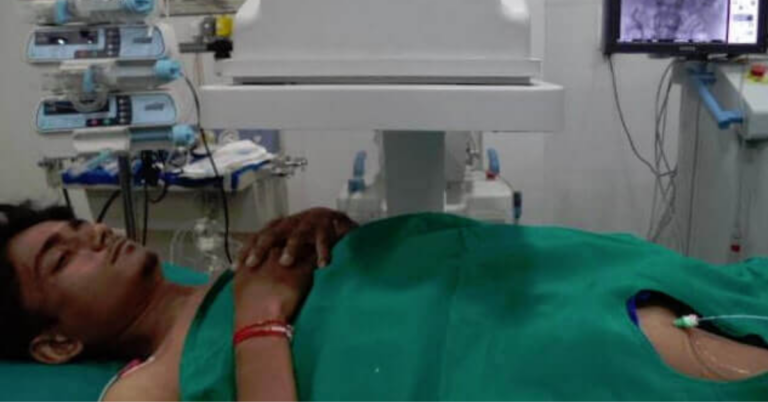Technological Advances in Cancer Treatment
Traditional cancer treatments such as chemotherapy and radiation face numerous challenges in effectively targeting cancer cells while minimizing damage to healthy tissues. Chemotherapy, while effective in killing rapidly dividing cancer cells, often results in severe side effects due to its non-specific nature. Patients undergoing chemotherapy may experience nausea, hair loss, and lowered immunity, impacting their quality of life and ability to tolerate treatment.
Similarly, radiation therapy, while a crucial component of cancer treatment, can also have adverse effects on healthy tissues surrounding the tumor site. The challenge lies in delivering a high enough dose of radiation to eradicate cancer cells while sparing nearby organs and tissues from harm. Balancing this delicate equation requires precision and advanced technology to ensure the best possible outcome for the patient.
Evolution of Radiation Therapy
Radiation therapy, a cornerstone in cancer treatment, has evolved significantly over the decades. Initially, using high-energy particles to target and destroy cancer cells, radiation therapy has since advanced to become an increasingly precise and effective treatment modality. These advancements have allowed for improved tumor targeting while minimizing damage to surrounding healthy tissues, leading to better treatment outcomes and reduced side effects for patients.
With technological innovations such as intensity-modulated radiation therapy (IMRT) and proton therapy, radiation oncologists can now tailor treatment plans to each patient’s specific tumor characteristics. IMRT, for instance, enables the delivery of varying radiation doses to different parts of the tumor, maximizing the dose to the cancer cells while sparing adjacent organs. Proton therapy, on the other hand, uses proton beams to precisely target tumors, reducing radiation exposure to normal tissues even further. As radiation therapy continues to evolve, these advancements hold promise for even more precise and effective cancer treatments in the future.
The Role of Immunotherapy in Cancer Treatment
Immunotherapy has emerged as a promising approach in the field of cancer treatment. By harnessing the body’s own immune system to target and destroy cancer cells, immunotherapy offers a targeted and personalized treatment option for patients. This innovative strategy aims to not only treat the existing cancer but also to prevent its recurrence, enhancing the overall effectiveness of cancer therapy.
One of the key advantages of immunotherapy is its potential for long-lasting responses, providing a durable defense mechanism against cancer progression. Unlike traditional treatments like chemotherapy and radiation therapy, immunotherapy works by enabling the immune system to recognize and attack cancer cells specifically. This targeted approach minimizes damage to healthy tissues, reducing the likelihood of negative side effects commonly associated with traditional cancer treatments.







